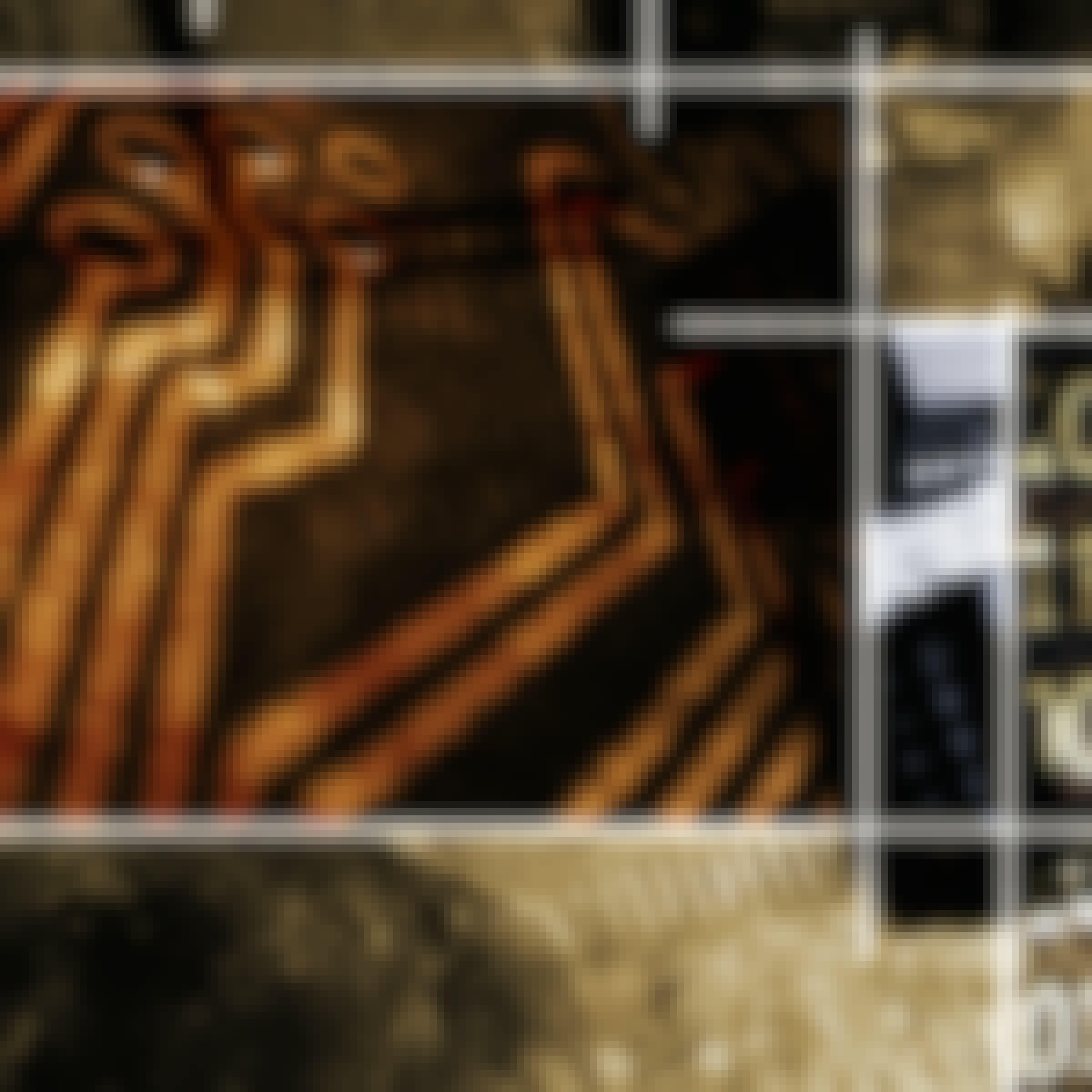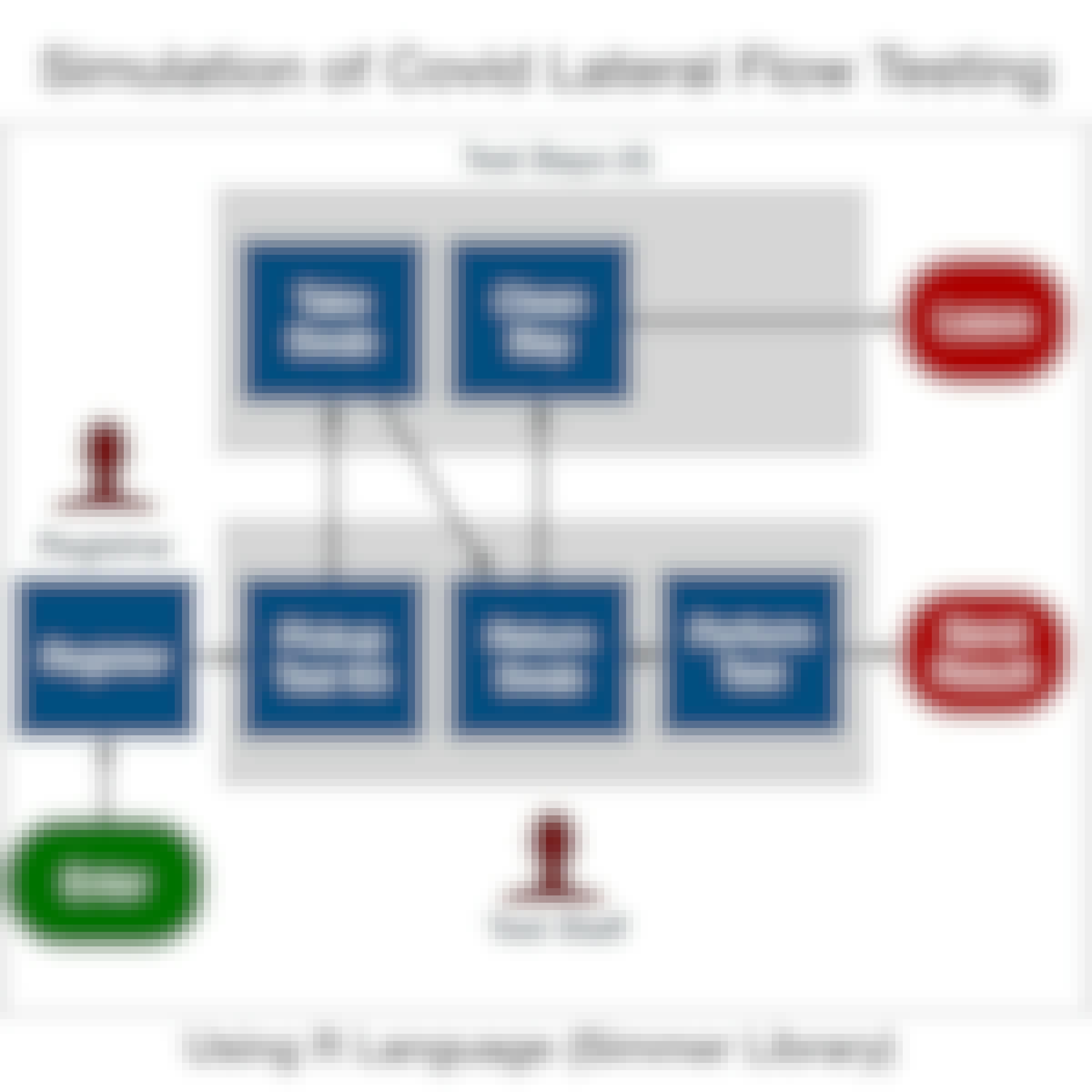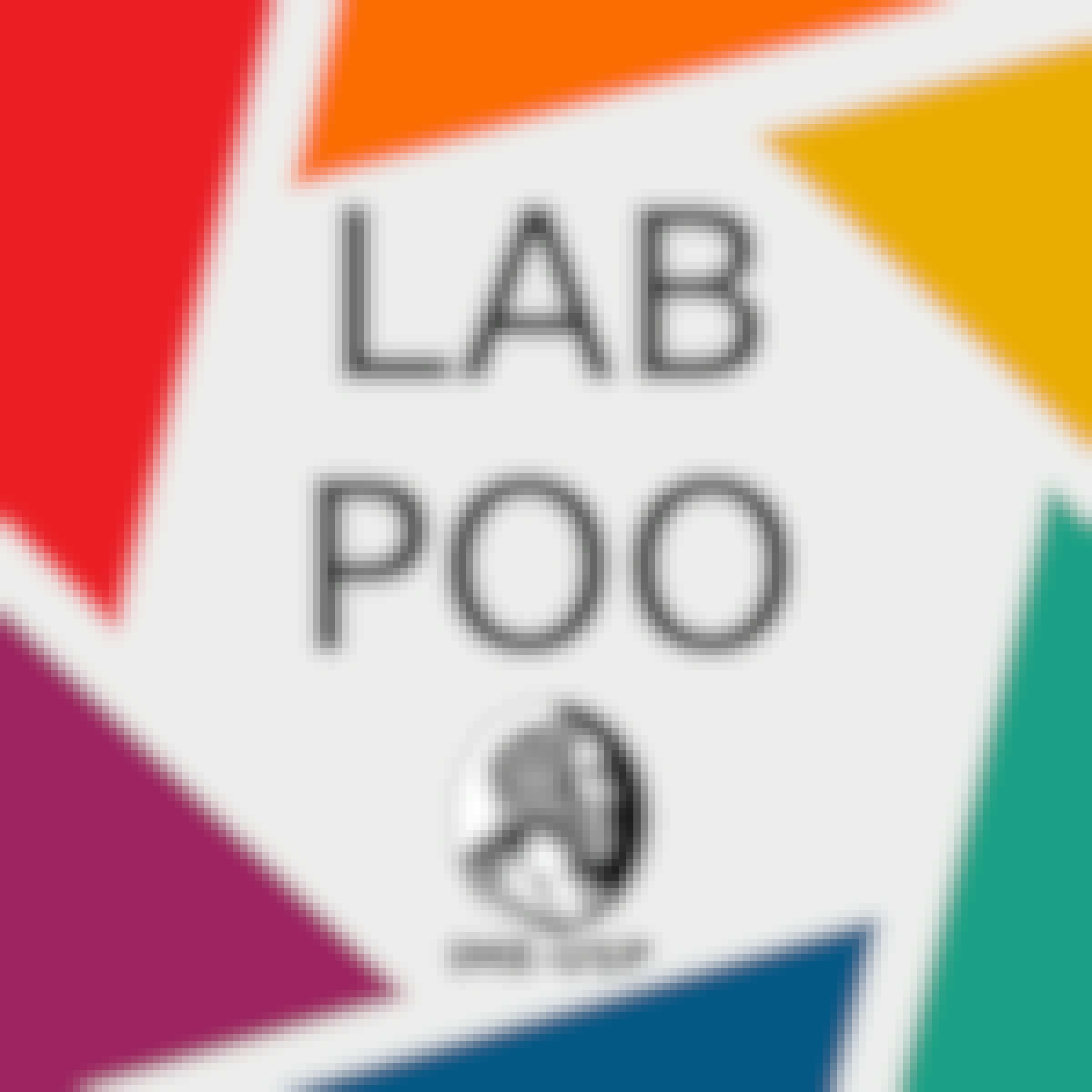Filter by
The language used throughout the course, in both instruction and assessments.
Results for "2-d+arrays"
 Status: Free
Status: FreeSkills you'll gain: Computer Security Incident Management

Yonsei University
Skills you'll gain: B2B Sales, Customer Relationship Management, Leadership and Management, Marketing, Marketing Management, Product Marketing, Sales, Business Development, Market Analysis, Strategy
 Status: Free
Status: FreeThe University of Chicago
Skills you'll gain: Human Learning

University of Colorado Boulder
Skills you'll gain: Machine Learning, Planning

Johns Hopkins University
Skills you'll gain: Probability & Statistics, Experiment, Data Analysis, General Statistics, Data Management, Leadership and Management

Coursera Project Network
Skills you'll gain: Java Programming
 Status: Free
Status: FreeThe Chinese University of Hong Kong

Coursera Project Network
Skills you'll gain: Data Analysis, Process Analysis, R Programming

Imperial College London
Skills you'll gain: Virtual Reality
 Status: Free
Status: FreeUniversidade de São Paulo
Skills you'll gain: Computer Programming, Programming Principles, Java Programming, System Programming, Computer Programming Tools, System Software, Software Architecture, Software Engineering, Software Engineering Tools, Python Programming

Coursera Project Network
Skills you'll gain: Training, Writing
Searches related to 2-d+arrays
In summary, here are 10 of our most popular 2-d+arrays courses
- Automated Cyber Security Incident Response: EDUCBA
- International B2B (Business to Business) Marketing: Yonsei University
- Critical Issues in Urban Education: The University of Chicago
- Project Planning and Machine Learning: University of Colorado Boulder
- Data Science in Real Life: Johns Hopkins University
- Build Your First GUI App With Java: Coursera Project Network
- Information Theory: The Chinese University of Hong Kong
- Simulation of Covid-19 Testing Process Using R Simmer: Coursera Project Network
- Advanced App Development in Android Capstone: Imperial College London
- Laboratório de Programação Orientada a Objetos - Parte 1: Universidade de São Paulo











